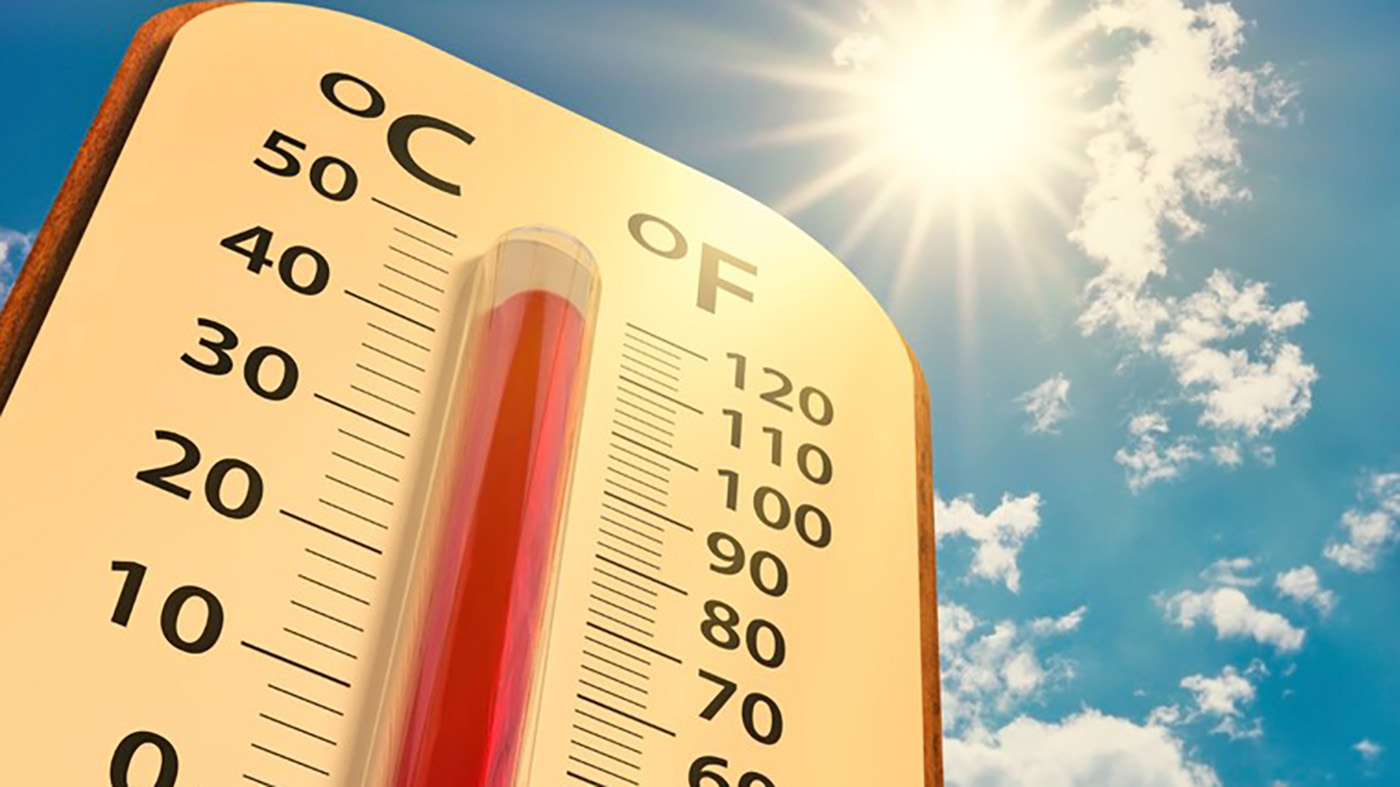Heat-related illnesses (HRI), such as heat stroke, exhaustion and fainting, are serious concerns for the general public and Veterans. Recent high temperatures have increased awareness around these illnesses. Untreated HRIs can lead to the need for critical care at medical facilities and even heat-related deaths.
To address this issue and support Veterans, VA’s National Center for Collaborative Healthcare Innovation (NCCHI) and Center for Disease Control’s National Center for Climate Health recently published an article assessing 18 years of heat-related illnesses among Veterans.
Examining climate health impacts on Veterans
This first-of-its-kind assessment in VA shows a significant and clinically important increase in the number of Veterans with heat-related illnesses. This comes at the same time as temperatures across the country have risen.
“Our goal is to provide the best care for our Veterans and understanding health risk is critical to our mission,” said Dr. Thomas Osborne, NCCHI director, Palo Alto VA. “Our VA team has an incredible analytics staff which, combined with expertise from partners at CDC, has empowered us to uncover important insights.”
In addition to the concerning increase in heat-related illnesses over time, the assessment also discovered that specific groups have been disproportionally impacted. “Understanding these demographic and geographic trends is intended to help us to enhance care for our unique Veteran population and direct data informed responses to those at risk.”
A look inside the data
The assessment analyzed data for Veterans treated at VA facilities from January 2002 through December 2019. It examined trends in HRI over time, trends in geographic locations and impacts for different patient populations.
There were 33,114 reported cases of HRI that impacted 28,039 Veterans.
There was an increase in HRI among Veterans for nearly all states during the assessment period with a higher-than-average increase in HRIs in California, Florida and Texas. There were also notable increases in HRI diagnoses in other states, such as Missouri, Arkansas, Virginia, Ohio and New York.
HRIs were found to have disproportionately impacted Veterans with complex health conditions, such as congestive heart failure and chronic obstructive pulmonary disease (COPD). Veterans with diabetes-mellitus and hypertension were also disproportionately affected, along with Black and American Indian or Alaskan Native Veterans.
You can learn more about the assessment and what it means for you by reading the article here. You can also learn more about NCCHI on their website.
Want to learn more about innovation at VA? Visit our website, scan Diffusion Marketplace, subscribe to our weekly newsletter, and explore VA Pathfinder to learn more about our opportunities.
Topics in this story
Link Disclaimer
This page includes links to other websites outside our control and jurisdiction. VA is not responsible for the privacy practices or the content of non-VA Web sites. We encourage you to review the privacy policy or terms and conditions of those sites to fully understand what information is collected and how it is used.
More Stories
Bob Jesse Award celebrates the achievements of a VA employee and a team or department that exemplifies innovative practices within VA.
The Medical Foster Home program offers Veterans an alternative to nursing homes.
Watch the Under Secretary for Health and a panel of experts discuss VA Health Connect tele-emergency care.







